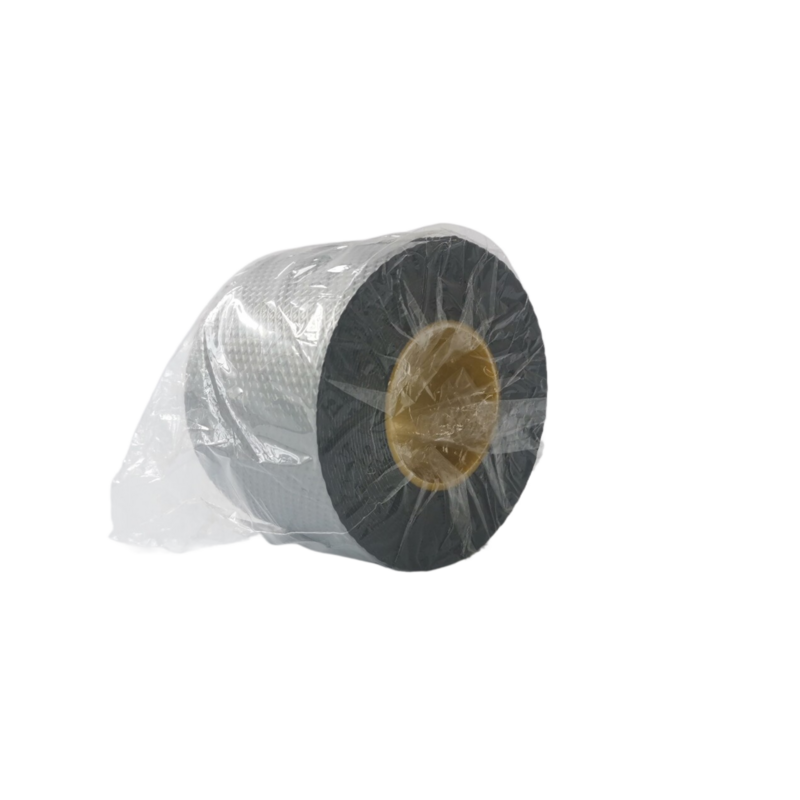The Importance of PVC Tape Insulation in Modern Applications
PVC (Polyvinyl Chloride) tape insulation has emerged as a crucial component in various sectors, including electrical, construction, and automotive industries. Its versatility, durability, and excellent insulating properties make it an ideal choice for protecting wires, cables, and numerous other applications. This article aims to explore the significance of PVC tape insulation, its features, benefits, and common uses.
What is PVC Tape Insulation?
PVC tape insulation is a type of adhesive tape made from a flexible polyvinyl chloride material. It is commonly used for electrical insulation due to its excellent resistance to moisture, chemicals, and abrasion. Available in a variety of colors, PVC tape is often used for color-coding wires and cables, providing both functional and aesthetic benefits.
Key Features of PVC Tape Insulation
1. Durability PVC tape is designed to withstand various environmental factors, including UV exposure, which ensures a long lifespan in both indoor and outdoor applications. Its resistance to wear and tear makes it ideal for heavy-duty usage.
2. Electrical Insulation One of the primary functions of PVC tape is its ability to serve as an excellent electrical insulator. It effectively prevents electrical leakage and protects surfaces from accidental contact, enhancing safety in electrical installations.
3. Flexibility This tape is highly flexible, allowing it to easily wrap around various shapes and sizes of cables without compromising its adherence or insulating properties. This adaptability makes it suitable for a multitude of applications.
4. Adhesive Strength PVC tape features a strong adhesive that ensures it adheres tightly to surfaces, providing reliable insulation and sealing. It can stick to a variety of substrates, including metal, plastic, and wood.
tape insulation pvc

Common Uses of PVC Tape Insulation
1. Electrical Applications Professionals in the electrical industry frequently use PVC tape for bundling wires, insulating electrical connections, and color-coding wires for identification. It enhances safety, reduces the risk of accidental short circuits, and simplifies maintenance.
2. Construction In the construction sector, PVC tape is used for securing and insulating components, such as pipes and conduits. It also acts as a moisture barrier, protecting materials from damage during construction processes.
3. Automotive The automotive industry utilizes PVC tape for wiring applications, sealing joints, and protecting components from vibration and wear. Its durability makes it especially valuable in harsh environments.
4. HVAC In heating, ventilation, and air conditioning systems, PVC tape is used to seal ducts and join insulation. It helps maintain efficiency by preventing air leaks and conserving energy.
Conclusion
PVC tape insulation is an indispensable tool across various industries. Its robust characteristics, coupled with its versatility and cost-effectiveness, make it a preferred choice for electrical insulation and other applications. As technology advances and industries evolve, the role of PVC tape insulation is expected to grow, continuing to enhance safety and efficiency in countless applications. Whether for industrial use or DIY projects, understanding the benefits of PVC tape insulation can lead to better practices and improved outcomes.
-
XIANGFAN Rubber Tape-Ultimate Solutions for All Your Insulation NeedsNewsJun.24,2025
-
XIANGFAN Rubber Tape-Protection for Industrial and Residential ApplicationsNewsJun.24,2025
-
XIANGFAN Rubber Tape: Superior Safety and Sealing for Demanding EnvironmentsNewsJun.24,2025
-
XIANGFAN Rubber Tape: Reliable Solutions for Every Electrical ChallengeNewsJun.24,2025
-
XIANGFAN Electrical & Industrial Tape: Powering Reliability Across IndustriesNewsJun.24,2025
-
XIANGFAN Electrical & Industrial Tape: Excellence in Every ApplicationNewsJun.24,2025
